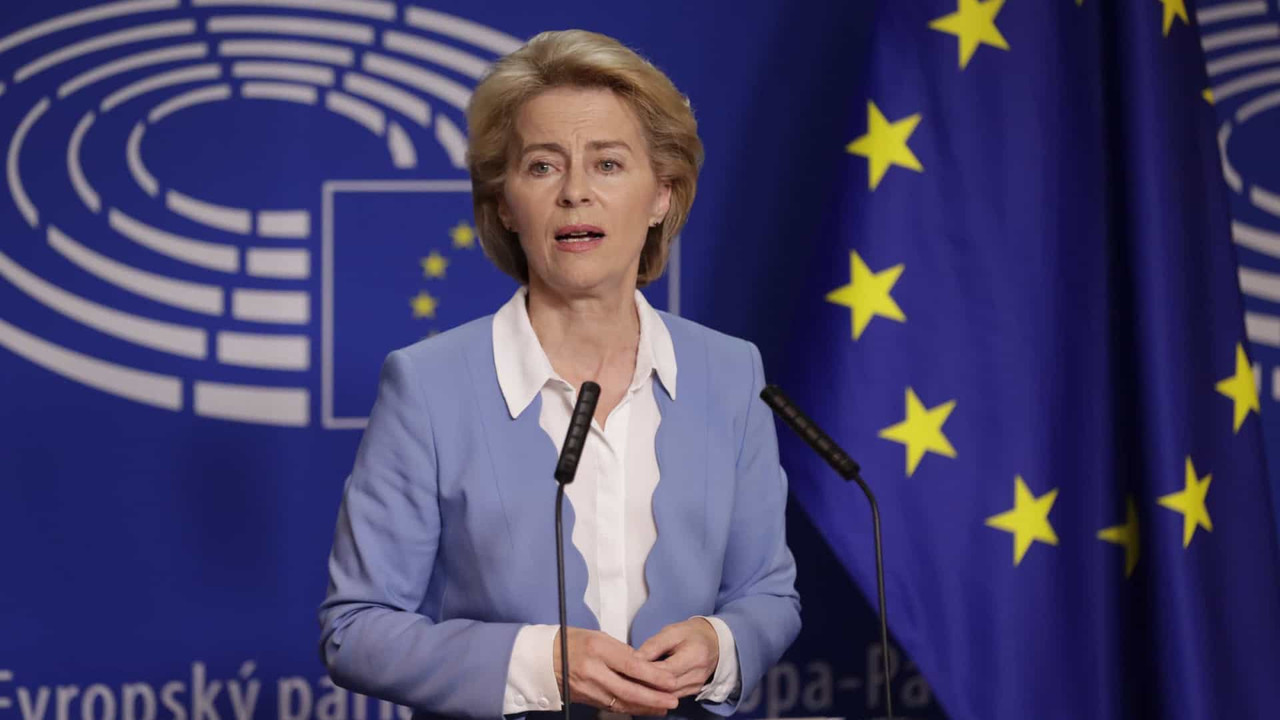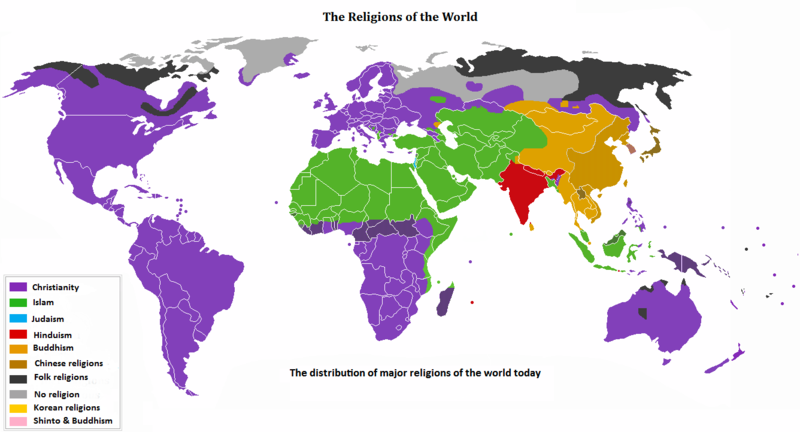OneIsTheWord
Well-Known Member
- Joined
- May 27, 2022
- Messages
- 60
Western Power will shift to Eastern Power
Greetings
Every 2050 years there is a shift of power, a professor derived a map into five parts to show us what may and could happen, and what is to come.
The Old One is and will pass

New Empire

Greetings
Every 2050 years there is a shift of power, a professor derived a map into five parts to show us what may and could happen, and what is to come.
The Old One is and will pass

New Empire

Historical divisions
Just some history a recap
The geopolitical divisions in Europe that created the concept of East and West originated in the Roman Empire. The Eastern Mediterranean was home to highly urbanized cultures that had Greek as their common language (owing to the older empire of Alexander the Great and of the Hellenistic successors.), whereas the West was much more rural in its character and more readily adopted Latin as its common language. After the fall of the Western Roman Empire, Western Europe was substantially cut off from the East where Byzantine Greek culture and Eastern Christianity became founding influences in the Arab/Muslim world and among the Eastern and Southern Slavic peoples. Roman Catholic western and central Europe, as such, maintained a distinct identity particularly as it began to redevelop during the Renaissance. Even following the Protestant Reformation, Protestant Europe continued to see itself as more tied to Roman Catholic Europe than other parts of the perceived civilized world.
Use of the term West as a specific cultural and geopolitical term developed over the course of the Age of Exploration as Europe spread its culture to other parts of the world. In the past two centuries, the term western world has sometimes been used synonymously with the Christian world because of the numerical dominance of Roman Catholicism and Protestantism compared to other Christian traditions, though this dominance is somewhat recent. As secularism rose in Europe and elsewhere during the 19th and 20th centuries, the term West came to take on less religious connotations and more political connotations, especially during the Cold War. Additionally, closer contact between the West and Asia, and other parts of the world in recent times has continued to cloud the use and meaning of the term.
continuing
